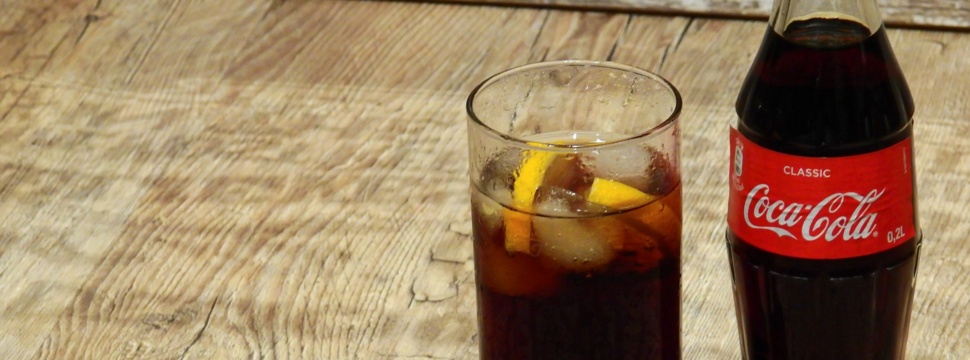Coca Cola in China: Joy in the Mouth or Wax Tadpole?
News News blog
Anyone who speaks another language knows that misunderstandings can easily arise. Language and culture are different in other countries and can have a completely different meaning than one would assume at first glance. However, this experience is not only made by private individuals, but also by large corporations...

Conquering an international market is the goal of most growing companies. But even large multinationals sometimes encounter difficulties due to language and cultural differences.
The brand name Coca-Cola was initially rendered phonetically as Ke-kou-ke-la in China. Unfortunately, the Coca Cola company discovered too late that the expression means "bite the wax tadpole" or "horse filled with wax", depending on the dialect. By that time, however, thousands of signs had already been printed with the corresponding characters.
The beverage company then examined 40,000 Chinese characters and found an obvious phonetic equivalent, namely "ko-kou-ko-le", which can be loosely translated as "joy in the mouth".
Other companies had similar problems:
When General Motors introduced the Chevy Nova in South America, they apparently did not know that "no va" in Spanish means something like "it doesn't drive". No wonder the sales of these cars left much to be desired... However, after the company found out why it wasn't selling cars, it renamed the car Caribe in the Spanish markets.
Yet Kentucky Fried Chicken's slogan "finger-lickin' good" translated into Chinese as "eat your fingers off"....










